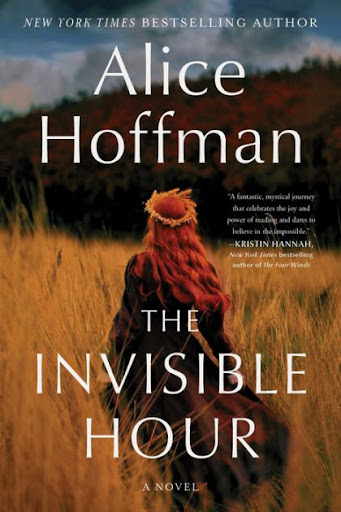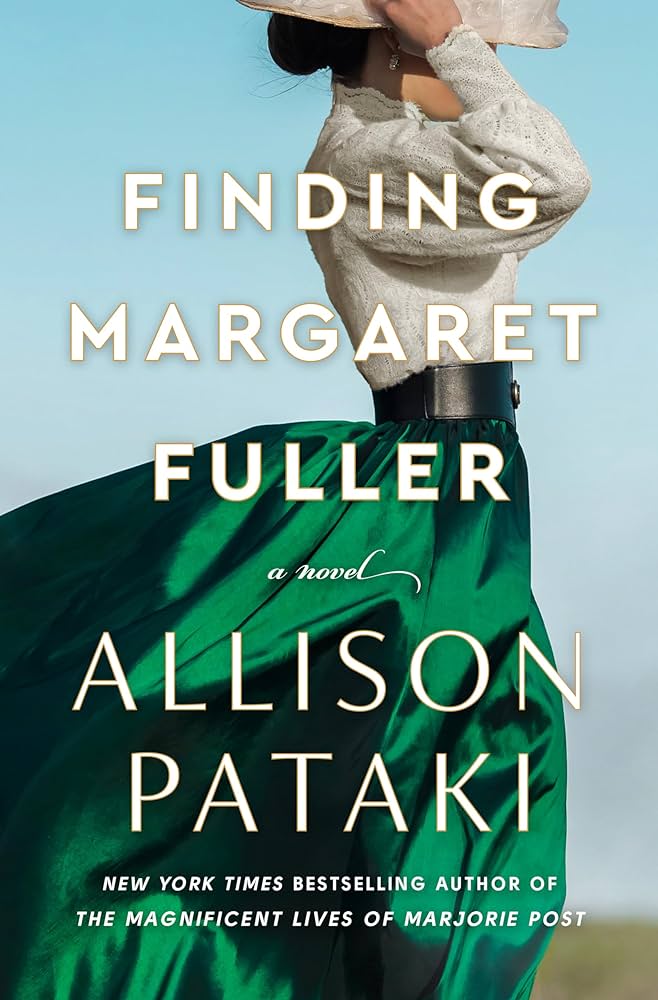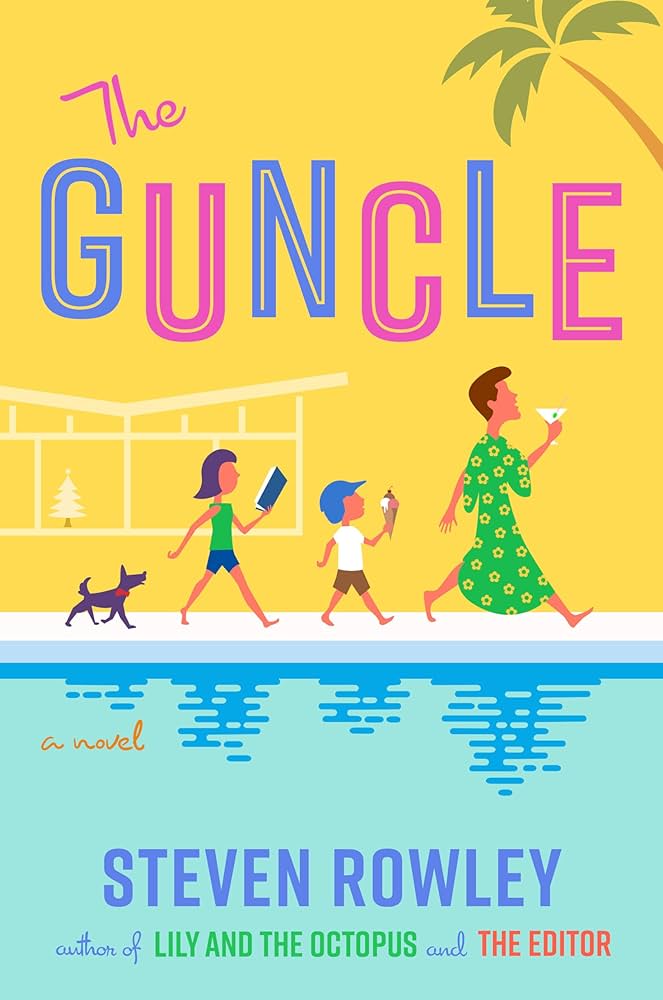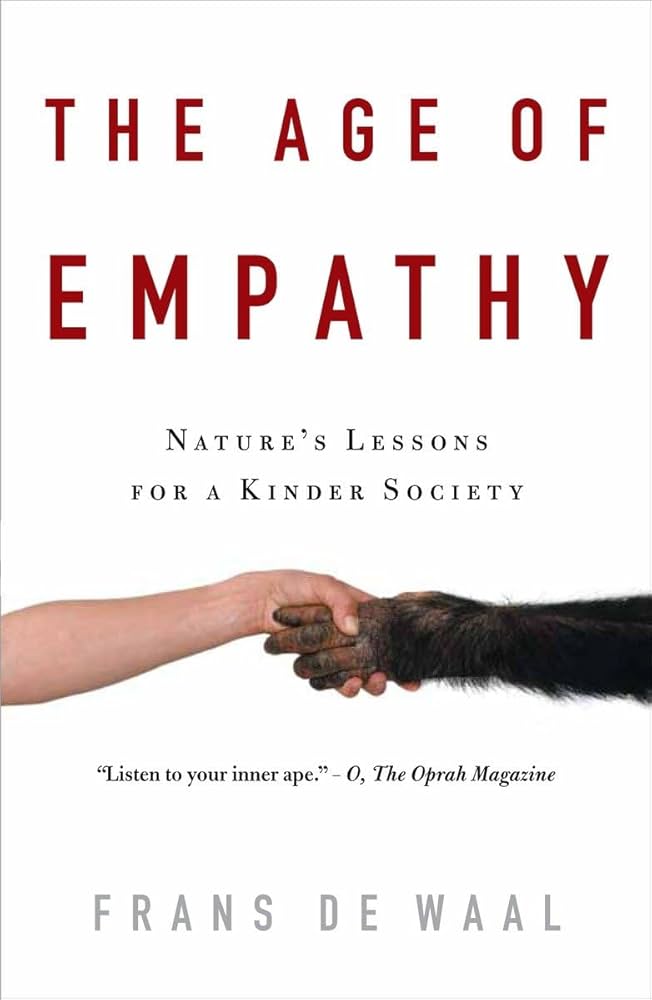Staff Picks
Check our some of our staff picks and see if your next great read is among those listed. Check back as we are regularly updating this page!
Invisible Hour by Alice Hoffman – Recommended by Dory L.
One June day when Mia Jacob can no longer see a way to survive, the power of words saves her. The Scarlet Letter was written almost two hundred years earlier, but it seems to tell the story of Mia’s mother, Ivy, and their life inside the Community—an oppressive cult in western Massachusetts where contact with the outside world is forbidden. But how could this be? How could Nathaniel Hawthorne have so perfectly captured the pain and loss that Mia carries inside her?
Through a journey of heartbreak, love, and time, Mia must abandon the rules she was raised with at the Community. As she does, she realizes that reading can transport you to other worlds or bring them to you, and that readers and writers affect one another in mysterious ways. She learns that time is more fluid than she can imagine, and that love is stronger than any chains that bind you.
As a girl Mia fell in love with a book. Now as a young woman she falls in love with a brilliant writer as she makes her way back in time. But what if Nathaniel Hawthorne never wrote The Scarlet Letter? And what if Mia Jacob never found it on the day she planned to die?

Bunny by Mona Awad – Recommended by Rebecca S.
Samantha Heather Mackey couldn’t be more of an outsider in her small, highly selective MFA program at New England’s Warren University. A scholarship student who prefers the company of her dark imagination to that of most people, she is utterly repelled by the rest of her fiction writing cohort–a clique of unbearably twee rich girls who call each other “Bunny,” and seem to move and speak as one.
But everything changes when Samantha receives an invitation to the Bunnies’ fabled “Smut Salon,” and finds herself inexplicably drawn to their front door–ditching her only friend, Ava, in the process. As Samantha plunges deeper and deeper into the Bunnies’ sinister yet saccharine world, beginning to take part in the ritualistic off-campus “Workshop” where they conjure their monstrous creations, the edges of reality begin to blur. Soon, her friendships with Ava and the Bunnies will be brought into deadly collision.

Finding Margaret Fuller by Allison Pataki – Recommended by Lauren H.
Young, brazen, beautiful, and unapologetically brilliant, Margaret Fuller accepts an invitation from Ralph Waldo Emerson, the celebrated Sage of Concord, to meet his coterie of enlightened friends. There she becomes “the radiant genius and fiery heart” of the Transcendentalists, a role model to a young Louisa May Alcott, an inspiration for Nathaniel Hawthorne’s Hester Prynne and the scandalous Scarlet Letter, a friend to Henry David Thoreau as he ventures out to Walden Pond . . . and a muse to Emerson. But Margaret craves more than poetry and interpersonal drama, and her restless soul needs new challenges and adventures.
And so she charts a singular course against a backdrop of dizzying historical drama: From Boston, where she hosts a salon for students like Elizabeth Cady Stanton; to the editorial meetings of The Dial magazine, where she hones her pen as its co-founder; to Harvard’s library, where she is the first woman permitted entry; to the gritty New York streets where she spars with Edgar Allan Poe and reports on Frederick Douglass. Margaret defies conventions time and again as an activist for women and an advocate for humanity, earning admirers and critics alike.
When the legendary editor Horace Greeley offers her an assignment in Europe, Margaret again makes history as the first female foreign news correspondent, mingling with luminaries like Frédéric Chopin, William Wordsworth, George Sand and more. But it is in Rome that she finds a world of passion, romance, and revolution, taking a Roman count as a lover—and sparking an international scandal. Evolving yet again into the roles of mother and countess, Margaret enters the fight for Italy’s unification.

The Gruncle by Steven Rowley – Recommended by Kristine K.
Patrick, or Gay Uncle Patrick (GUP, for short), has always loved his niece, Maisie, and nephew, Grant. That is, he loves spending time with them when they come out to Palm Springs for weeklong visits, or when he heads home to Connecticut for the holidays. But in terms of caretaking and relating to two children, no matter how adorable, Patrick is, honestly, overwhelmed.
So when tragedy strikes and Maisie and Grant lose their mother and Patrick’s brother has a health crisis of his own, Patrick finds himself suddenly taking on the role of primary guardian. Despite having a set of “Guncle Rules” ready to go, Patrick has no idea what to expect, having spent years barely holding on after the loss of his great love, a somewhat-stalled acting career, and a lifestyle not-so-suited to a six- and a nine-year-old. Quickly realizing that parenting–even if temporary–isn’t solved with treats and jokes, Patrick’s eyes are opened to a new sense of responsibility, and the realization that, sometimes, even being larger than life means you’re unfailingly human.

Randoms by David Liss – Recommended by Robert C.
Zeke Reynolds comes from a long line of proud science fiction geeks. He knows his games, comics, movies, and TV shows like Captain Kirk knows the starship Enterprise. So it’s a dream come true when he learns the science fiction he loves so much is based on reality—and that he’s been selected to spend a year on a massive space station. To evaluate humanity’s worthiness, the Confederation of United Planets has hand picked three of Earth’s most talented young people—and then there’s Zeke. He’s the random.
Unfortunately, Zeke finds life in space more challenging than he’d hoped. When he saves his transport ship from a treacherous enemy attack, he’s labeled a war criminal. Now despised by the Confederation, rejected by his fellow humans, and pursued by a ruthless enemy, Zeke befriends the alien randoms: rejected by their own species, but loyal to each other. But their presence in the Confederation may not be so random after all, and as the danger increases, Zack’s knowledge of science fiction might be the only thing that can save himself, his friends, and Earth itself.

Swimming In the Dark by Tomasz Jedrowski – Recommended by Sarah B.
When university student Ludwik meets Janusz at a summer agricultural camp, he is fascinated yet wary of this handsome, carefree stranger. But a chance meeting by the river soon becomes an intense, exhilarating, and all-consuming affair. After their camp duties are fulfilled, the pair spend a dreamlike few weeks in the countryside, bonding over an illicit copy of James Baldwin’s Giovanni’s Room. Inhabiting a beautiful, natural world removed from society and its constraints, Ludwik and Janusz fall deeply in love. But in their repressive Communist and Catholic society, the passion they share is utterly unthinkable.
Once they return to Warsaw, the charismatic Janusz quickly rises in the political ranks of the party and is rewarded with a highly coveted government position. Ludwik is drawn toward impulsive acts of protest, unable to ignore rising food prices and the stark economic disparity around them. Their secret love and personal and political differences slowly begin to tear them apart as both men struggle to survive in a regime on the brink of collapse.
Shifting from the intoxication of first love to the quiet melancholy of growing up and growing apart, Swimming in the Dark is a potent blend of romance, postwar politics, intrigue, and history. Lyrical and sensual, immersive and intense, Tomasz Jedrowski’s indelible and thought-provoking literary debut explores freedom and love in all its incarnations.

The Age of Empathy: Nature’s Lesson for a Kinder Society by Frans de Waal – Recommended by Anita C.
Are we our brothers’ keepers? Do we have an instinct for compassion? Or are we, as is often assumed, only on earth to serve our own survival and interests?
By studying social behaviors in animals, such as bonding, the herd instinct, the forming of trusting alliances, expressions of consolation, and conflict resolution, Frans de Waal demonstrates that animals–and humans–are “preprogrammed to reach out.” He has found that chimpanzees care for mates that are wounded by leopards, elephants offer “reassuring rumbles” to youngsters in distress, and dolphins support sick companions near the water’s surface to prevent them from drowning. From day one humans have innate sensitivities to faces, bodies, and voices; we’ve been designed to feel for one another.
De Waal’s theory runs counter to the assumption that humans are inherently selfish, which can be seen in the fields of politics, law, and finance. But he cites the public’s outrage at the U.S. government’s lack of empathy in the wake of Hurricane Katrina as a significant shift in perspective–one that helped Barack Obama become elected and ushered in what perhaps could become an Age of Empathy. Through a better understanding of empathy’s survival value in evolution, de Waal suggests, we can work together toward a more just society based on a more generous and accurate view of human nature.
